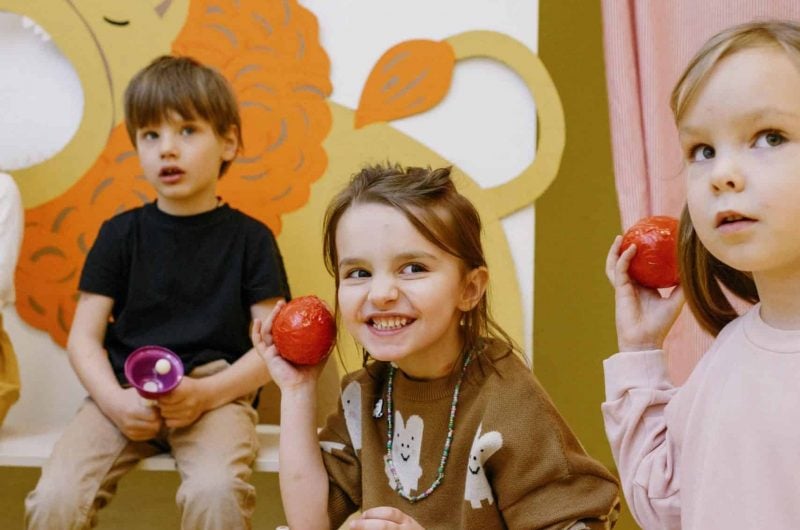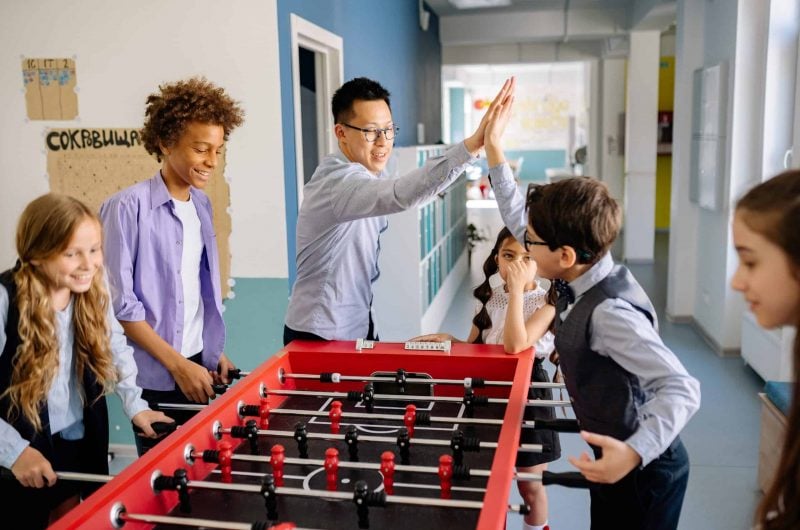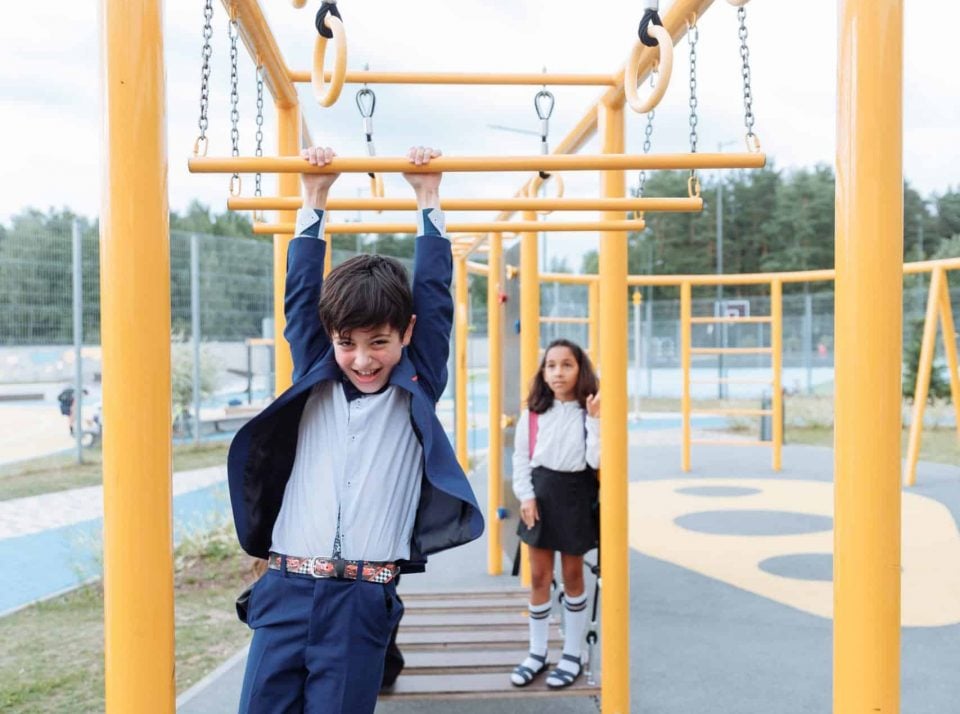
Our philosophy in practice
We’re inspired by Bronfenbrenner’s ecological systems theory + the Reggio Emilia approach + Positive Psychology.
Our blend of philosophy, approach, and science is built upon a belief that children’s development and learning is impacted by their families, educators, and the wider community. We believe children are strong, capable, and full of curiosity. We create experiences intentionally designed to nurture the wellbeing of children, their families, and our educators.
We believe in the positive power of play. Through play, we learn. With this in mind, our team builds supportive and lasting relationships with all users of our program, as well as their wider networks, with a view to encouraging strong foundations from which children can enjoy an enriching learning experience and develop independence.
Want to find out more about what inspires us?
NSW Department of Education – Ecological Systems Theory for Children Factsheet
Positive Psychology & The PERMAH Wellbeing framework

Nurturing growth and learning through the PERMAH model
We also incorporate positive psychology in our education programs.
Based on Professor Martin Seligman’s research, positive psychology focuses on using individual strengths to support individual wellbeing, positive relationships and positive organisations. We adopt the PERMAH model, which was created by Dr Peggy Kern and Dr Michelle McQuaid here in Australia.
There are six pillars to each person’s wellbeing. By actively focusing on one or more pillars of wellbeing, we can support our own psychological and physical wellbeing, and through this support the wellbeing of those around us.
Six Pillars of Wellbeing (PERMAH model)
Positive Emotions
Balancing heartfelt positive emotions through life’s ebbs and flows
Engagement
Doing activities that build on our interests and strengths
Relationships
Connecting with others to support our wellbeing
Meaning
Feeling that we are part of something purposeful
Accomplishment
Believing that we can do the things that matter to us
Health
Moving our bodies to support our physical and psychological wellbeing


